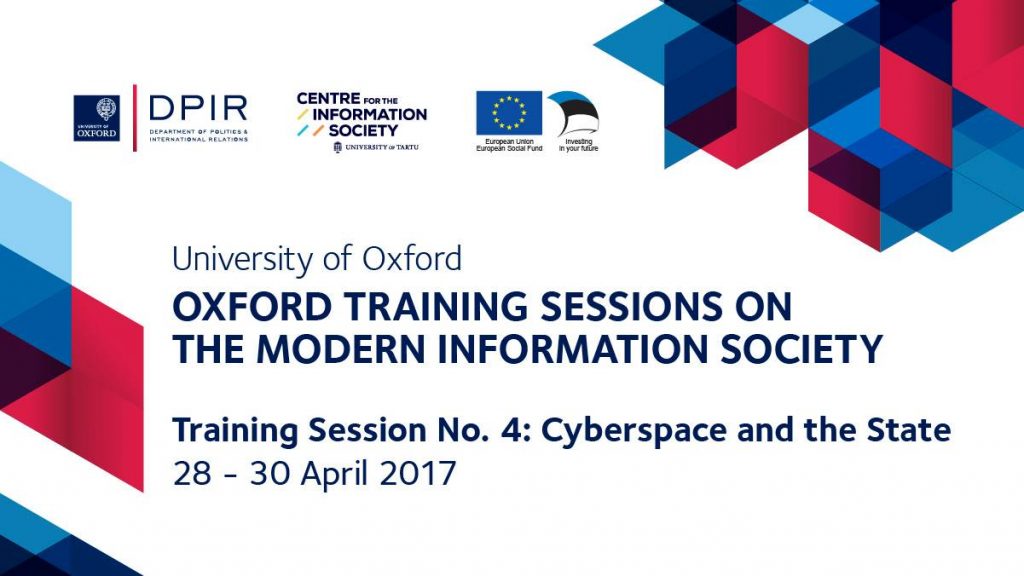
This 3-day training session is centred around the topics of opportunities and threats emerging in an information society, involving discussions about digital services, personal authentication methods, international cyber threats and e-elections. These discussions are not only important from a technical point of view, but also need to take into account political, governance, social and legal aspects.
This training session is mostly aimed at students with non-IT background, who, as future leaders and experts in their own respective fields should still be aware of the opportunities created by the information technology, as well as of the risks involved.
The first two days of the training session contains topical lectures, on the third day of the event, a practical cyber crisis simulation exercise will be carried out.
The training session is offered free of charge, graduates will receive a certificate from the University of Tartu (2 ECTS), as well as a certificate of attendance by the University of OxfordDAY 1: FRIDAY, APRIL 28
09:30 – 10:00 Registration to the training session
10:00 – 10:30 Welcoming and course introduction (Lucas Kello, Oxford)
10:30 – 12:00 Lecture 1: Computing and Networks: The Basics (Ivan Martinovic, Oxford)
12:00 – 13:00 Lunch break
13:00 – 14:20 Lecture 2: Computer Security: Authentication and Biometrics (Ivan Martinovic, Oxford)
14:20 – 14:30 Short break
14:30 – 16:00 Lecture 3: An Independent Assessment of the Procedural Components of the Estonian Internet Voting System (Jason Nurse, Oxford)
16:00 – 16:20 Short break
16:20 – 17:30 Lecture 4: National and International Security in the Cyber Age (Lucas Kello, Oxford)DAY 2: SATURDAY, APRIL 29
08:30 – 09:00 On-site registration
09:00 – 10:20 Lecture 5: Russian Cyber Operations: Disruption and Subversion (Lucas Kello, Oxford)
10:20 – 10:30 Short break
10:30 – 12:00 Lecture 6: Government as a Platform (Robert Krimmer, Tallinn Univ. of Technology)
12:00 – 13:00 Lunch break
13:00 – 14:20 Lecture 7: Law Enforcement’s Access to Extraterritorial Data (Anna-Maria Osula, University of Tartu)
14:20 – 14:30 Short break
14:30 – 16:00 Lecture 8: Strategic Dilemmas in Cyberspace (Max Smeets, Oxford)
16:00 – 16:20 Short break
16:20 – 17:00 Simulation exercise briefing (Lucas Kello, Oxford)DAY 3: SUNDAY, APRIL 30
08:45 – 09:00 On-site registration
09:00 – 09:30 Simulation exercise set up (Oxford teaching staff)
09:30 – 13:00 Cyber Crisis Simulation Exercise
13:00 – 14:30 Lunch break and group discussion
14:30 – 15:30 Post-exercise debriefing: Decision-making in a Crisis (Lucas Kello, Oxford)
15:30 – 15:50 Short break
15:50 – 17:00 Course conclusion (Lucas Kello, Oxford)
Links:
https://sisu.ut.ee/oxfordsessions/overview?lang=en
https://www.facebook.com/events/1144747528981361/

